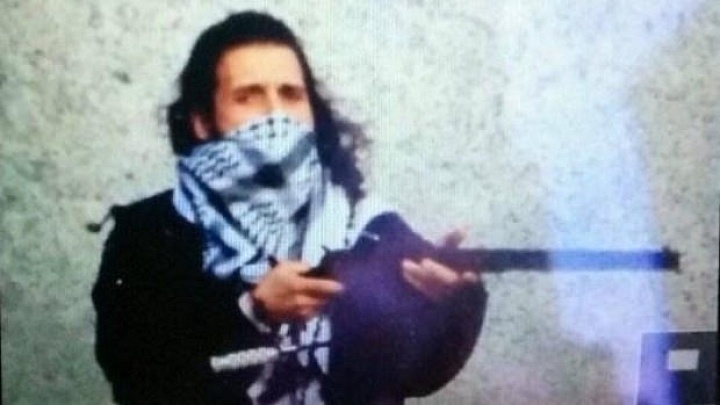
Immediately following the shooting at the War Memorial at Parliament Hill in Ottawa, many began to speculate it was the work of jihadists. An ISIS sympathizer publicly murdered two Canadian soldiers in grisly fashion. The attack came on the heels of Canada pledging to join the international coalition against ISIS. Even before Parliament approved sending warplanes to Syria and Iraq, ISIS had called on “lone wolf” jihadists to attack Canada. There was indeed a spike in ISIS-related online chatter focusing on Canada in the days leading up to the shooting Wednesday. The character of the relationship between Michael Zehaf-Bibeau and ISIS is still unknown. Nonetheless, this will not stop ISIS from claiming the Ottawa murders as proof of their international reach and power as an “Islamic State.” Are they right?
To Each His Own
ISIS has already hailed Zehaf-Bibeau as one of their own on Twitter. In the coming days, we may see video from trusted news sources produced by ISIS claiming victory in Ottawa. Footage of what transpired earlier this week in Canada will be lumped in with the same propaganda footage as the Islamic State’s feature length “film, The Flames of War. It is a propaganda movie in the same vein as Nazi-era war film, Triumph of the Will and Frank Capra’s Why We Fight. A key scene is when ISIS fighters brag about defeating the Syrian Army’s 17th Division. The visuals in the film seem to back up this claim. But the battle took place for two weeks between the Syrian Army and rebel forces. Only near the end of the battle do ISIS join the fight against the 17th Division. But with skilled use of Hollywood style film editing and clever voiceovers, the audience is led to believe that it was ISIS alone that vanquished the Syrian forces.
ISIS has been very good at the propaganda war thus far. They have used social media to their advantage to recruit members to their cause from all corners of the globe. Its members can be seen on YouTube taking “victory laps” in battle and, most recently, stumbling on to U.S.-supplied weaponry that was meant for Kurdish Peshmerga fighters.
ISIS certainly poses a threat to Syria and Iraq, to the Middle East as a whole, and to America’s allies and interests there. But ISIS is no “Islamic State. It does not have the power or reach it claims.
ISIS has proven that social media is the key weapon of their psychological warfare tactics. They are blogging, tweeting, Facebooking, and YouTubing claims of responsibility for attacks and asserting the ability to strike enemies anywhere in the world. Perhaps it is the case that the Ottawa attack was inspired by ISIS’ call for jihadist attacks in Canada and elsewhere—we should know soon enough.
Social media today makes it far easier for one person or a small organization with a clear message to inspire others to take some action. Just look at the success of the “Kony 2012” or “ice bucket challenge” and other similar appeals. Though clearly for entirely different purposes, the campaigns spread a message across social media that inspired action on the part of many people from different regions across many different demographics.
Inspiration Does Not Equal Global Reach
No matter what ISIS claims on the internet, the credence given to their claims of victory in Ottawa, to having international reach, or to being an “Islamic State” to which all jihadists should pledge fealty to
